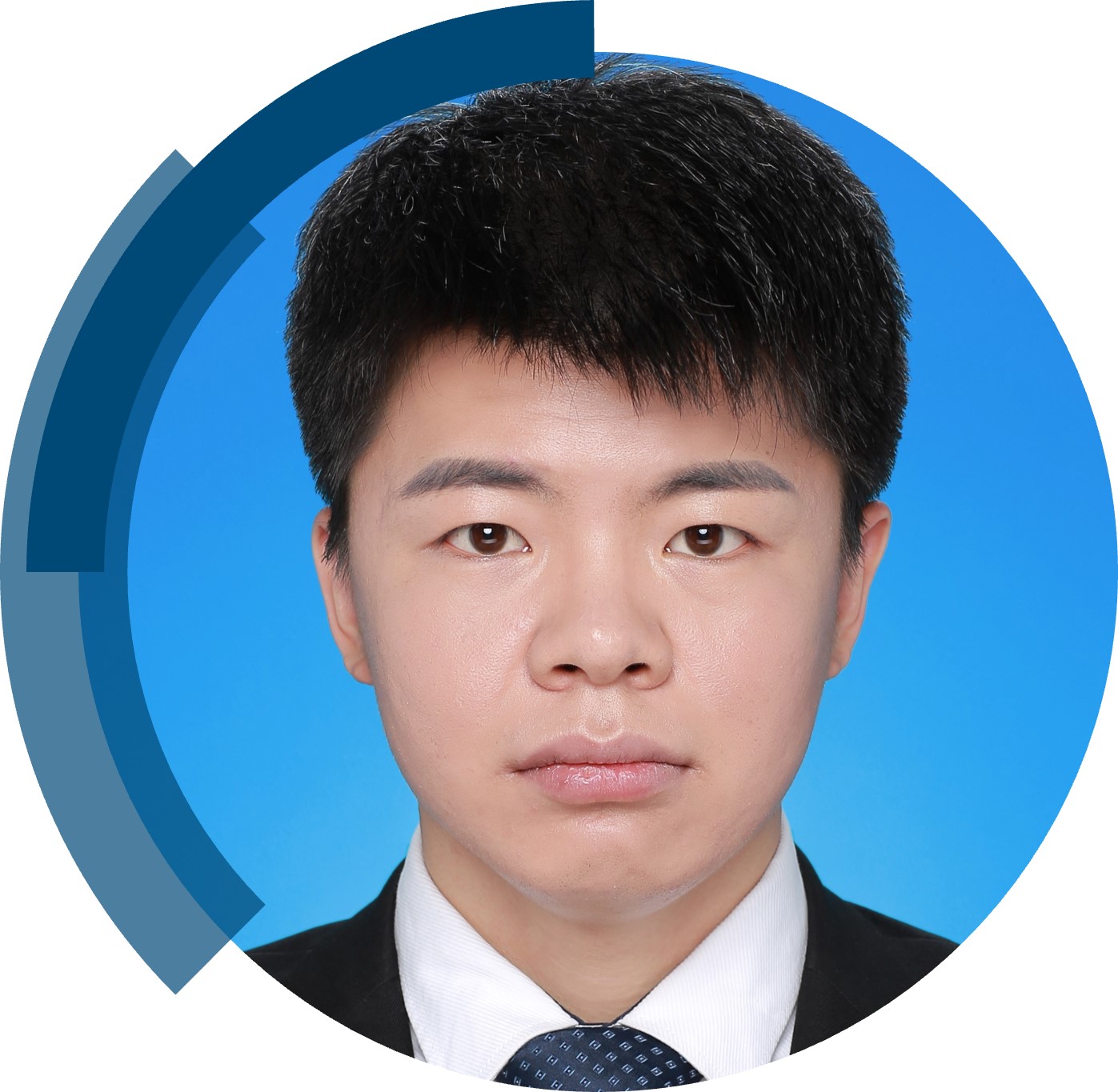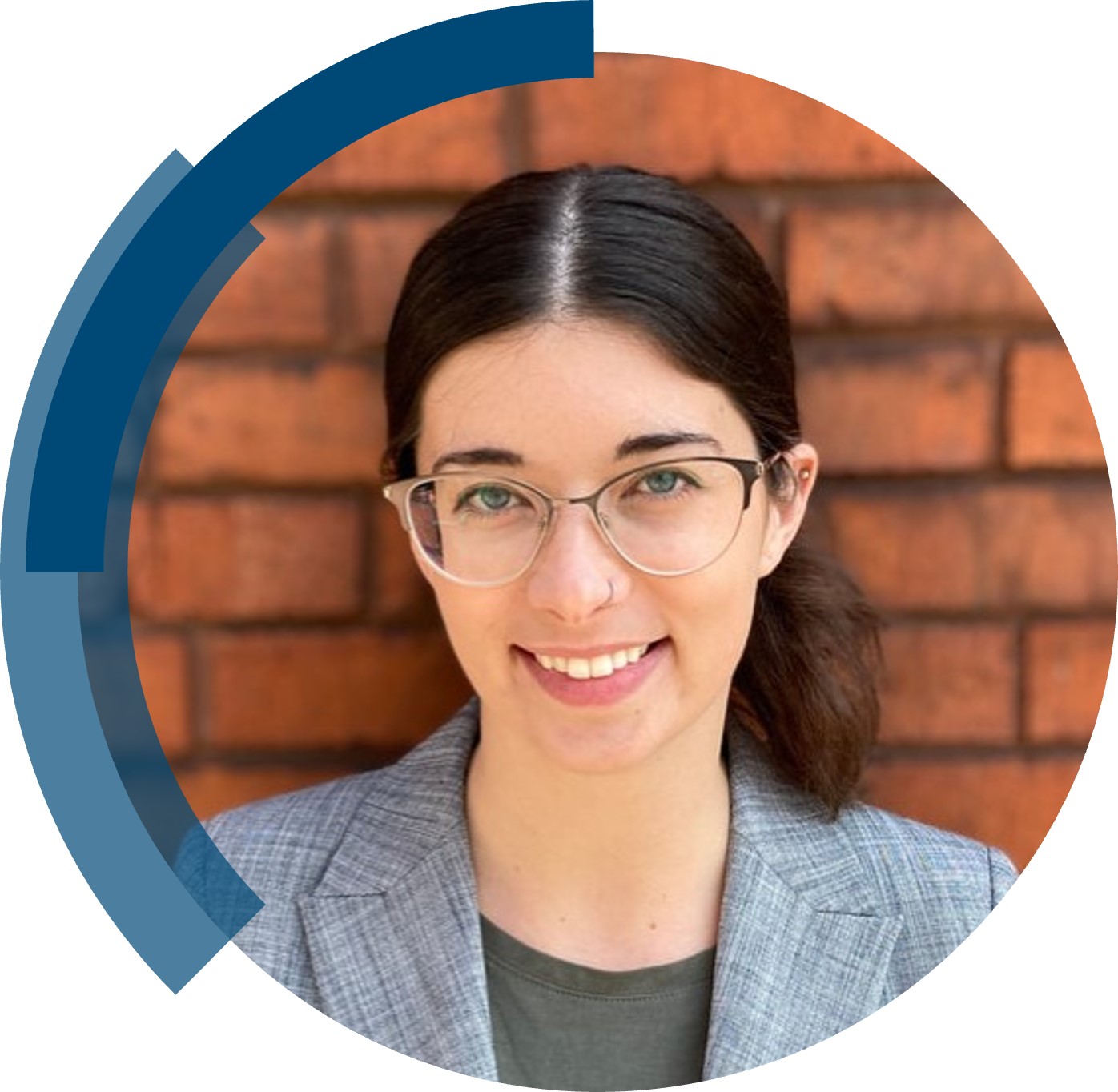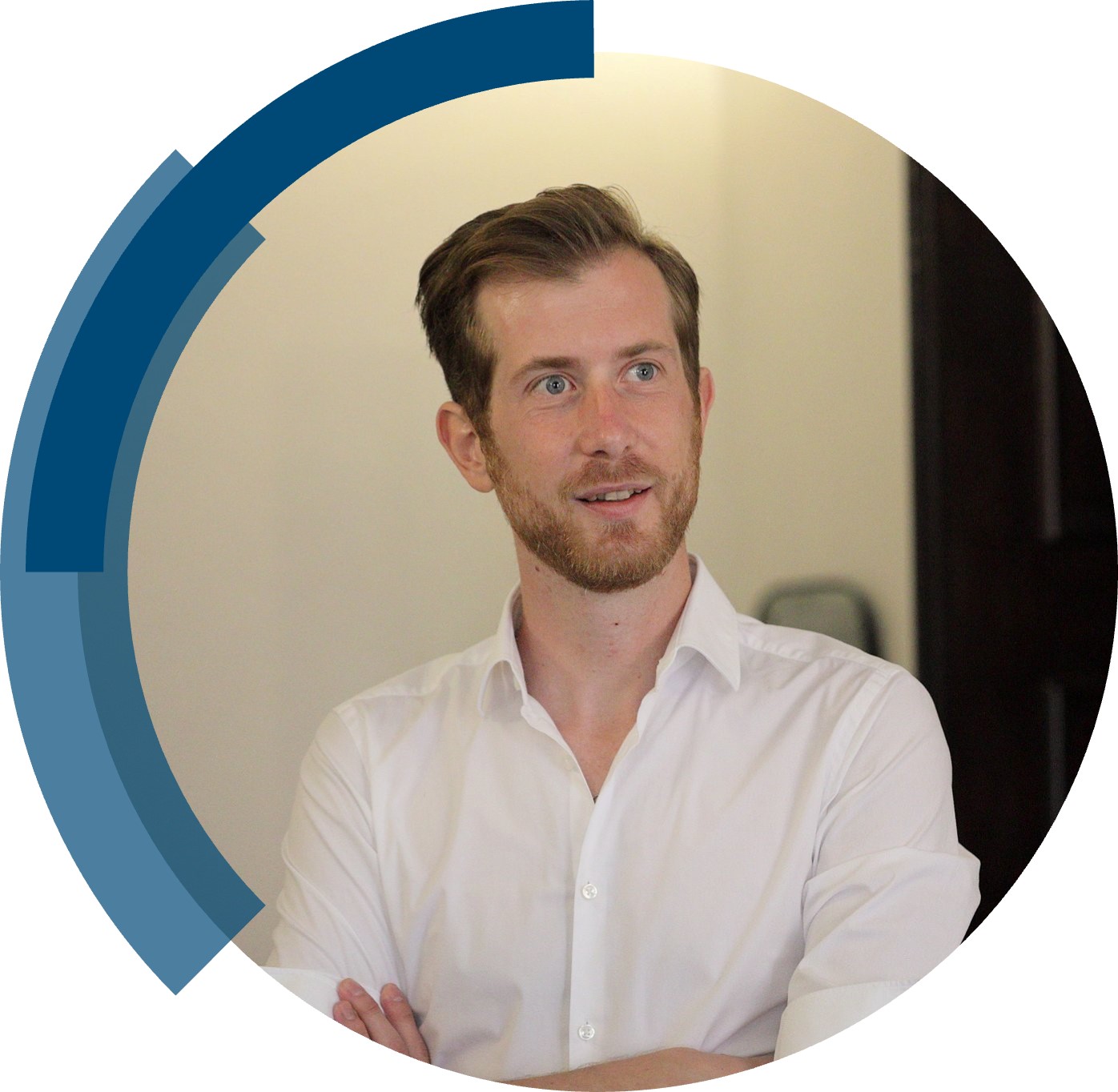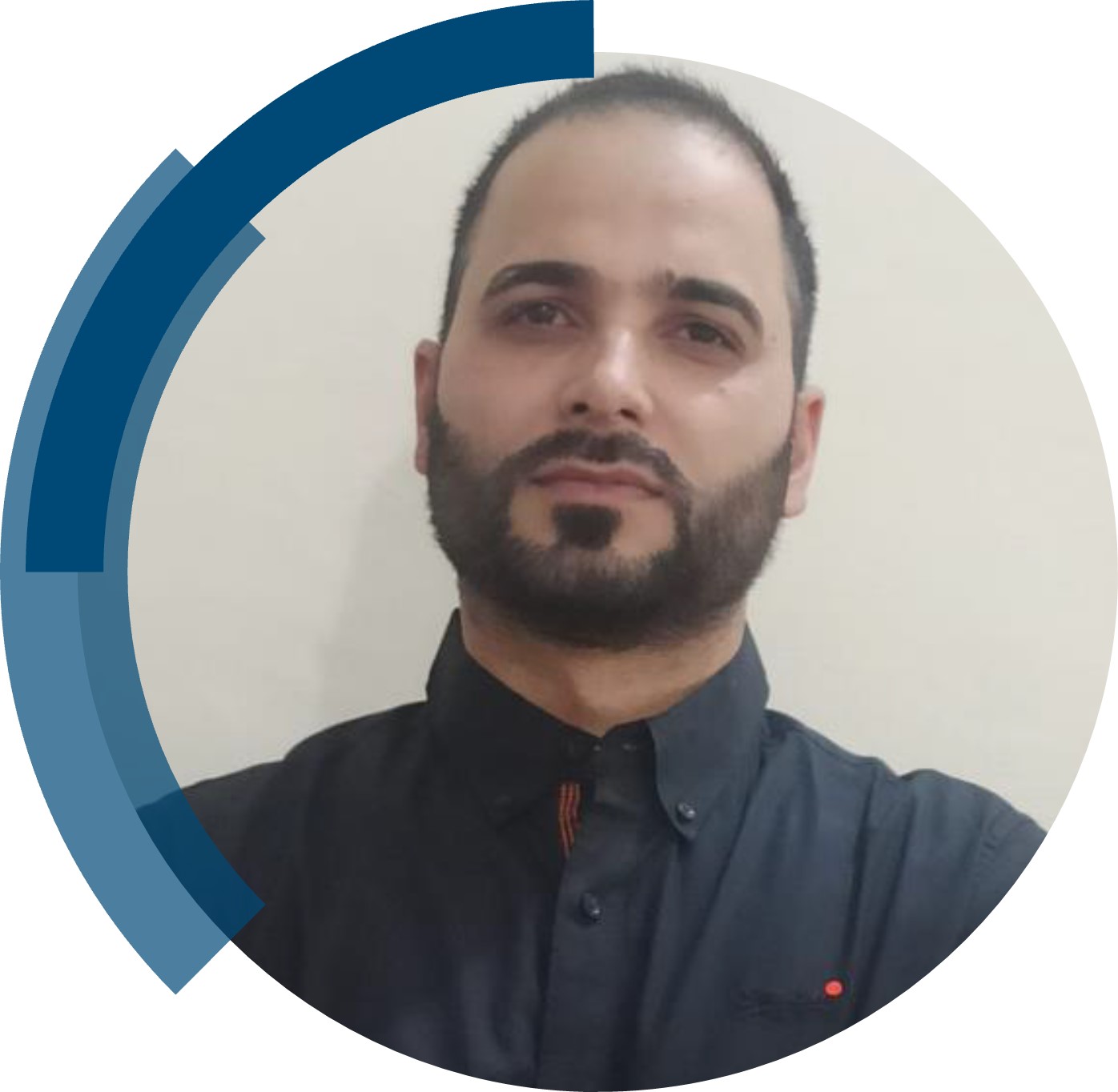We are excited to share the success of Yang Song’s first-time independent article in ChemComm; “Aqueous–organic hybrid electrolyte stabilizing zinc metal anodes” included in the full milestones collection.
Read our interview with Yang below.
What are the main areas of research in your lab and what motivated you to take this direction?
My research group focuses on the following areas: Molten salt electrochemistry, including the reduction mechanism of titanium ions in molten salts, the design and development of molten salt aluminum-ion batteries, and the molten salt synthesis of MAX and Mxene materials. In terms of energy conversion, my research is dedicated to the development of novel electrolytes and electrode materials, as well as the electrochemical performance regulation of multivalent batteries (magnesium, aluminum, and zinc). We have chosen zinc-ion batteries as our research focus because zinc anodes offer advantages such as high specific capacity, low redox potential, low cost, and high safety, making zinc-based batteries highly promising for large-scale grid energy storage systems.
Can you set this article in a wider context?
Organic electrolytes exhibit excellent cycling stability and electrochemical performance, making them a focal point of extensive research interest in the optimization of zinc-ion battery electrolytes. Currently, systems utilizing solvents such as dimethylformamide (DMF), dimethylacetamide (DMAC), and acetonitrile (AN) effectively suppress hydrogen evolution reactions (HER) through the high thermodynamic stability of the solvents, thereby mitigating parasitic reactions caused by water. However, practical applications face dual challenges: the inherent flammability of these organic solvents poses safety concerns, while the expensive fluorinated zinc salts, such as Zn(OTf)₂ and Zn(TFSI)₂, significantly hinder large-scale commercialization. Here, we propose a cost-effective, non-flammable hydrated organic electrolyte composed of DMF, H₂O, and hydrated Zn(BF₄)₂ salt, and report on the impact of Zn(BF₄)₂ concentration on the cycling stability of the zinc anode. At the optimal Zn(BF₄)₂ concentration, DMF plays a dominant role in the dissolution structure of Zn²⁺, reducing the amount of active water involved in Zn²⁺ coordination. This dissolution structure also facilitates the in-situ formation of a ZnF₂ solid electrolyte interphase (SEI) on the zinc anode, thereby suppressing zinc dendrite growth.
What do you hope your lab can achieve in the coming year?
In the coming year, we aim to develop an electrolyte additive capable of in-situ film-forming and self-healing at the zinc anode interface, and to elucidate its interfacial self-repair mechanisms. Aligned with our research focus, theoretical and experimental studies on high-performance electrolytes based on Zn-Cl ion coordination are anticipated to achieve breakthroughs in the coming year.
Describe your journey to becoming an independent researcher.
I obtained my Master’s degree in Metallurgical Engineering from the University of Science and Technology Beijing in 2017. During this period, I received extensive training in molten salt electrochemistry and battery technology, acquiring expertise in designing molten salt batteries. Subsequently, I joined Seres Group to engage in the design and development of powertrain battery systems, participating in multiple automotive battery projects. In 2020, I commenced my Ph.D. studies at Chongqing University, focusing on developing regulation strategies for zinc anodes in zinc-ion batteries. As the first author, I have published seven high-impact papers in journals including Advanced Functional Materials (2) and Journal of Materials Chemistry A (2), accumulating 279 citations to date. These research experiences have cultivated strong independent research capabilities, laid the foundation for my current projects, and established me as a proficient independent researcher.
What is the best piece of advice you have ever been given?
“Opportunity favors the prepared mind.” This guiding principle has carried me through challenging periods in my research career, sustaining my optimism and confidence.
Why did you choose to publish in ChemComm?
As an energy electrochemistry researcher, I am a regular reader of ChemComm which is one of the best journals in the field of chemical science. The reviewer’s comments are very helpful in improving the quality of submitted manuscripts. I am also especially impressed by its strong support to early career researchers.
Explore more ChemComm Milestones news and updates on our Bluesky Feed (@chemcomm.rsc.org) and LinkedIn (ChemComm Journal)





















